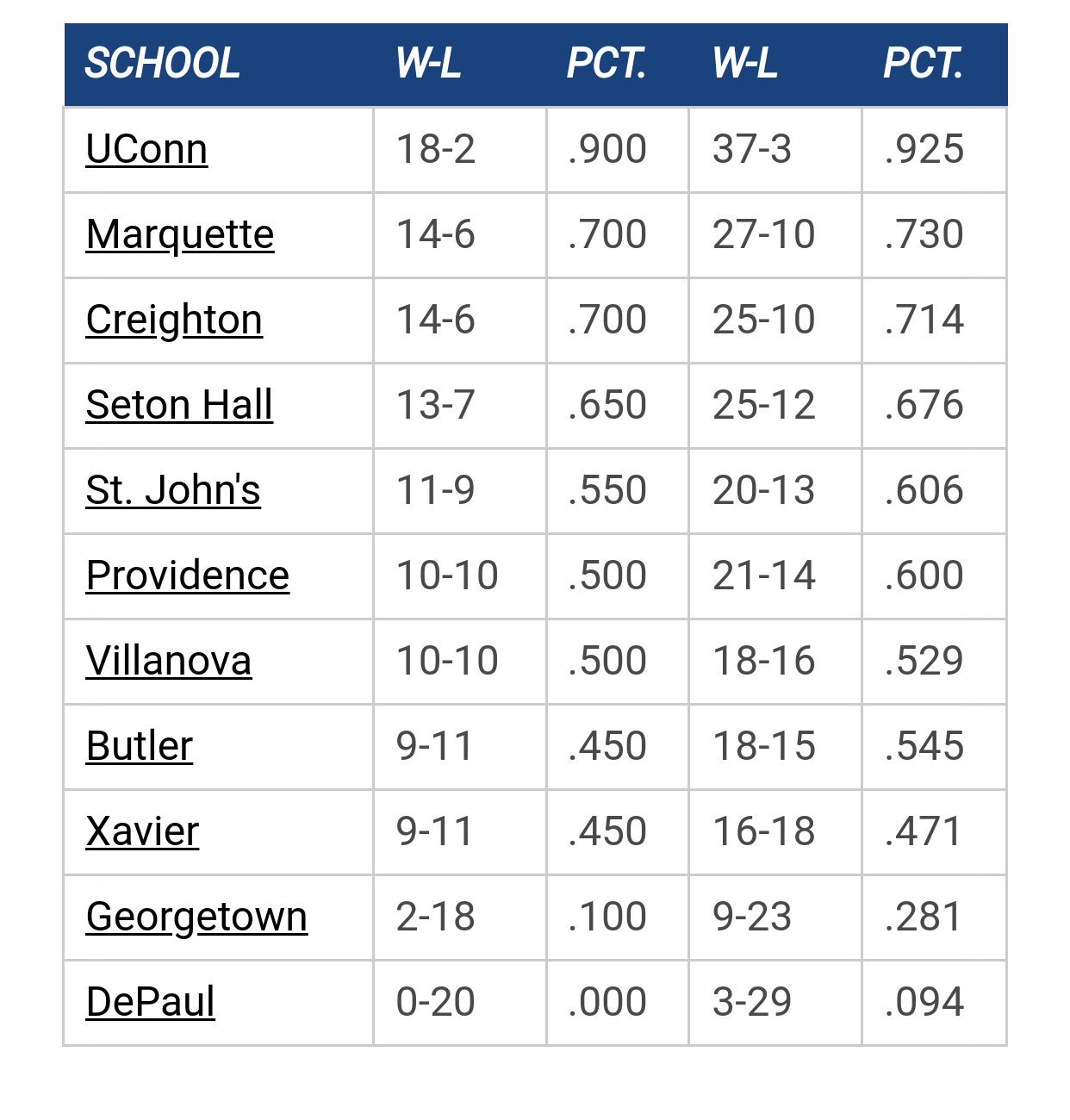- Welcome to MUScoop.
What has changed with Marquette and is it sustainable? by TheButlerDidIt
[Today at 05:52:02 AM]
Recruiting as of 1/15/26 by Jay Bee
[February 27, 2026, 11:19:55 PM]
2025-26 Big East Thread by DFW HOYA
[February 27, 2026, 09:42:39 PM]
When was the last time.... by Billy Hoyle
[February 27, 2026, 09:41:47 PM]
2025-26 College Hoops Thread by WhiteTrash
[February 27, 2026, 08:43:05 PM]
The CB Crown Tournament - 2026 by Mu8891
[February 27, 2026, 04:56:47 PM]
2025-26 Big East Conference TV Schedule by Mr. Nielsen
[February 27, 2026, 04:14:53 PM]
[Today at 05:52:02 AM]
Recruiting as of 1/15/26 by Jay Bee
[February 27, 2026, 11:19:55 PM]
2025-26 Big East Thread by DFW HOYA
[February 27, 2026, 09:42:39 PM]
When was the last time.... by Billy Hoyle
[February 27, 2026, 09:41:47 PM]
2025-26 College Hoops Thread by WhiteTrash
[February 27, 2026, 08:43:05 PM]
The CB Crown Tournament - 2026 by Mu8891
[February 27, 2026, 04:56:47 PM]
2025-26 Big East Conference TV Schedule by Mr. Nielsen
[February 27, 2026, 04:14:53 PM]
The absolute only thing required for this FREE registration is a valid e-mail address. We keep all your information confidential and will NEVER give or sell it to anyone else.
Login to get rid of this box (and ads) , or signup NOW!
DePaul Date/Time: Mar 1, 2026, 3:00pm TV: FS1 Schedule for 2025-26 |
||||||
User actions



